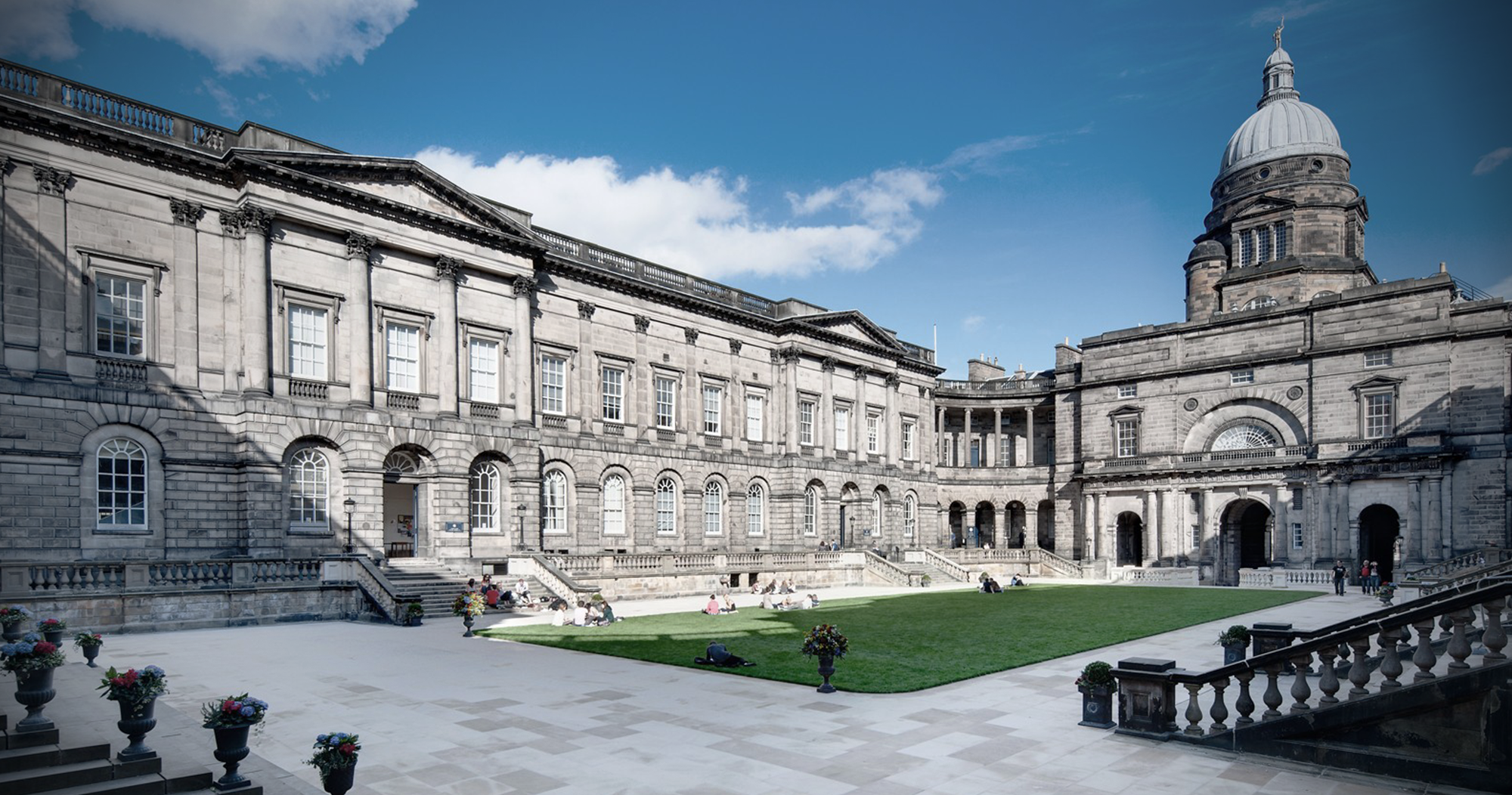Rob Lownie | Twitter
Rob Lownie is an undergraduate student at the University of Edinburgh and the founding editor of The New Taboo, a magazine of ideas promoting free expression among young people.
For a nation of five-and-a-half million people nestled at the top of the British Isles, Scotland has always overachieved in its higher education institutions. The University of St Andrews topped this year’s Times and Sunday Times ranking of UK universities, with Glasgow, Edinburgh, Strathclyde and Aberdeen all making the top twenty.
However, this tradition of excellence is at threat, as a culture of intolerance and stifling of free expression has taken over in universities, and across Scotland. This was emphasised last week by Dr Shereen Benjamin, a senior lecturer at Edinburgh who has been compared to a white supremacist and eugenicist for supporting women-only spaces. Another senior lecturer at Edinburgh Dr Neil Thin, has been targeted with unfounded smears of racism. Meanwhile, earlier this year, a tweet by an SNP member who said she “hated” the UK prompted an investigation by the police. No judgment is being passed here on the rights or wrongs of these matters: the troubling issue is why, in each case, the person involved found their right to speak challenged so harshly.
A solution to this renewed zeal for ostracisation is needed. Scottish universities must take action to protect viewpoint diversity and academic freedom. These are the steps they should take:
- If they have not already, institutions must draw up clear, inclusive guidelines for free speech which do not come into conflict with existing diversity statements. Glasgow’s policy, from 2018, claims that “[f]reedom of expression, the right to disagree, the protection of all staff and students in their right to hold views and of academic freedom are at the very heart of our mission.” Edinburgh’s, updated within the last year, reinforces the idea that discussions must be undertaken on a basis of mutual respect “even where some may find those ideas offensive or immoral,” and that “a commitment to freedom of expression includes facilitating debate that others wish to restrict or obstruct.”
- A Director of Academic Freedom in Scottish universities should be appointed, to investigate possible breaches of these policies.
- Universities should more explicitly advertise official channels of complaint, and provide funding for further staffing to address student concerns. This policy would serve to discourage the recent, sinister trends of anonymised open letters and social media pile-ons, which cause considerable distress to the accused and have a chilling effect on free speech. Proper investigative process can be followed and public anonymity maintained for the individual making the complaint.
- A preliminary debate on academic freedom should be held in the Scottish Parliament, as was the case in Westminster in anticipation of the Higher Education (Freedom of Speech) Bill. A parliamentary reading would allow for possible amendments and compromises, as happened with the passing of Scotland’s Hate Crime and Public Order Bill in April.
- To avoid the justifiable accusations of authoritarianism which met Gavin Williamson’s bill, the Scottish government should work closely with university representatives to establish a free speech policy which is not fully imposed from above, and which involves collaboration from administrative and academic staff, as well as student delegates.
- Students must themselves be proactive, whether that involves setting up free speech societies or standing firm in the face of censorship on campus. There are more of us than one might think: now is the time to find our voice.






